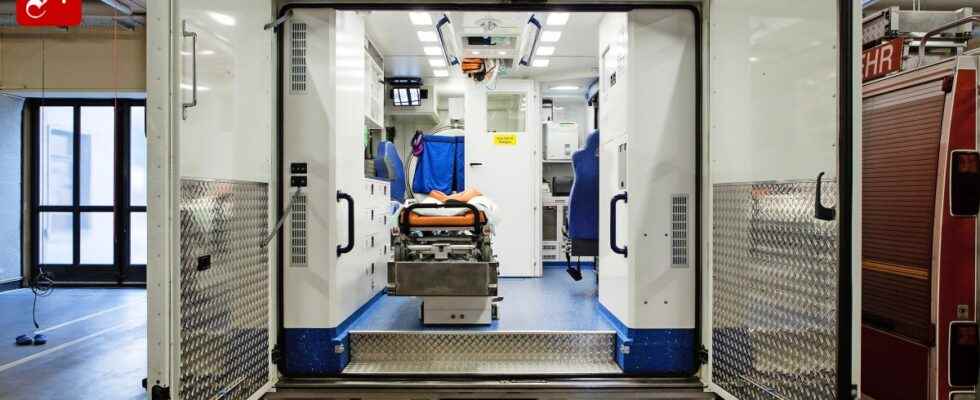Dhe emergency services in Germany are sounding the alarm: emergency care could soon collapse if fundamental reforms are not implemented soon, they warn. The tragic death of a girl shows what that would mean: the 15-year-old was fatally injured in a serious bus accident in Berlin on December 10th. According to the Berlin fire brigade, it took twenty minutes for an ambulance to arrive – too long for a rescue. The reason: When the emergency call came in, there were no ambulances available anywhere in Berlin.
The Berlin incident is just the tip of the iceberg. “Because he appeared on public transport, he attracted a lot of attention,” says Marco König, Chairman of the German Professional Association for Rescue Services and Paramedics (DBRD) at the professional fire brigade in Lübeck. “On the other hand, what happens in the living rooms here is rarely made public.” According to König, there is a major reason why the paramedics are so overworked. “We are doing less and less emergency rescue, but are increasingly being called out for trifles and also have to take on activities that are not actually in our area of responsibility,” says the chairman of the DBRD. “If you need medical help at the weekend or on public holidays, the family doctor on-call service, which can be reached by telephone on 116117, should actually step in.” However, the quality of this service has noticeably decreased in many places. In this way, the on-call doctors could freely decide whether they wanted to visit a patient – or whether they would call an ambulance instead. Often enough they opted for rescue. “One of our demands is therefore to bundle all emergency calls to the control centers of the rescue services. The staff there should also be able to decide independently whether there is an emergency and the rescue service must therefore be called out, or whether it is sufficient for the person concerned to see a doctor at a later point in time,” says König.
